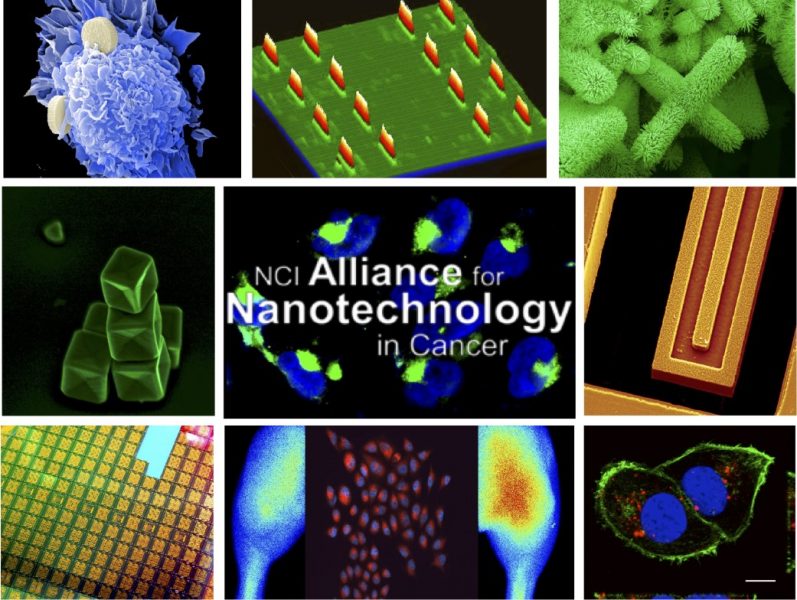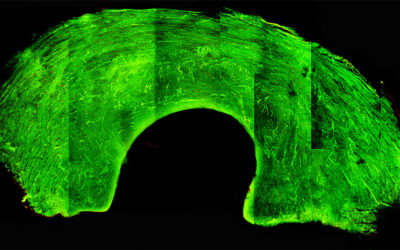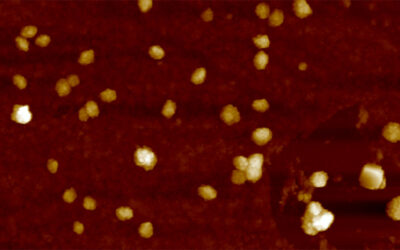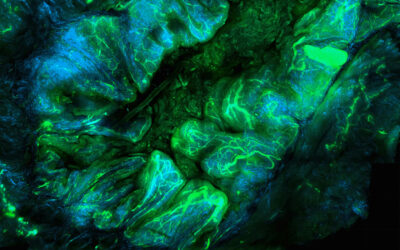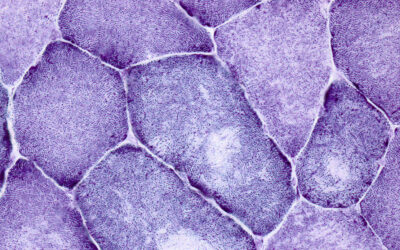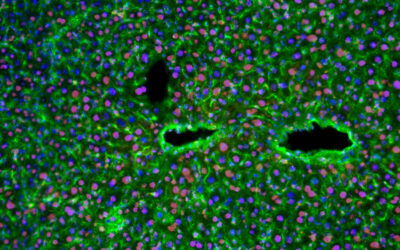Nanotechnology is the science and engineering of controlling matter at the molecular scale, allowing the creation of devices with novel chemical, physical, and/or biological properties. Nanoscale devices and nanoparticles are hundreds to thousands of times smaller than human cells. In fact, they are similar in size to large biological molecules such as hemoglobin, a molecule that is approximately 5 nanometers, which carries oxygen in red blood cells. Due to their small size, nanoparticles can move out of blood vessels as they circulate the body, interact with biological molecules and processes, accumulate at the tumor site, and enter tumor cells, uniquely positioning them for use in the cancer diagnostic and therapeutic space.
Research in cancer nanomedicine spans almost every diagnostic and therapeutic modality. Novel and multi-functional nanodevices have been designed to detect cancer at its early stages through multi-analyte blood tests or using novel multi-modal imaging agents to view the tumor mass within the body. These devices can also be used to improve the effectiveness of surgery by monitoring surgical tumor margins in real time.
Functionalized nanoparticles have been outfitted to deliver multiple therapeutic agents to tumor sites in order to simultaneously attack multiple points in pathways involved in cancer. Such nano-therapeutics have the potential to increase the treatment efficacy while reducing its side effects. Because of this potential, some of these nano-drugs have already been approved by the US Food and Drug Administration (FDA).
In order to accelerate integration of nanotechnology into cancer research and oncology, the National Cancer Institute (NCI) of the National Institutes of Health (NIH) established the NCI Alliance for Nanotechnology in Cancer program in 2005. This effort brought together scientists representing physical sciences, chemistry, and engineering working at the nanoscale with biologists and clinicians working on cancer to form a uniquely multi-disciplinary cancer nanotechnology research community.
This paper in WIREs Nanomedicine and Nanobiotechnology takes stock of how the Alliance program influenced melding of disparate research disciplines into the field of nanomedicine and cancer nanotechnology, has been highly productive in the scientific arena, and produced a mechanism of seamless transfer of novel technologies developed in academia to the clinical and commercial space.

